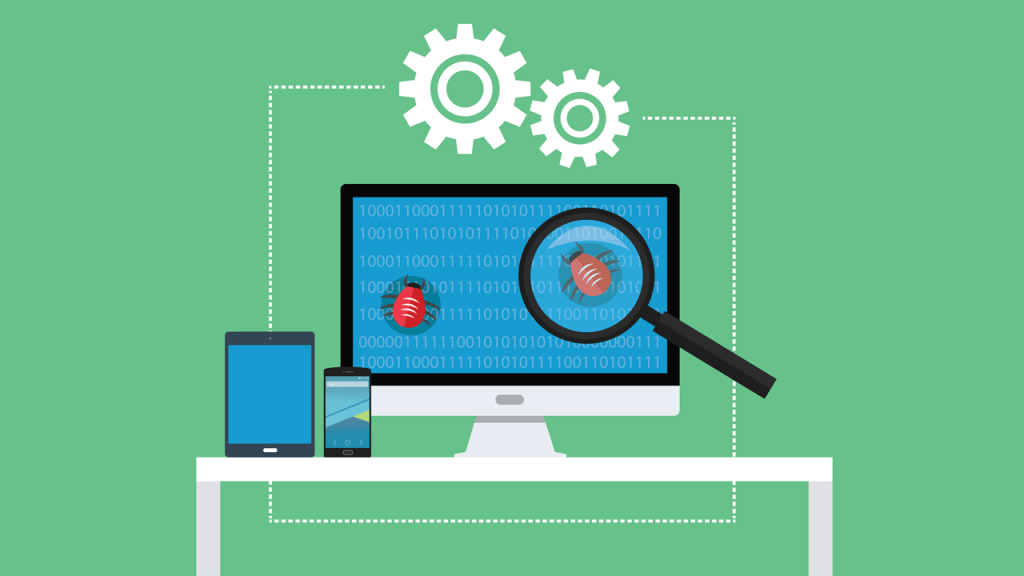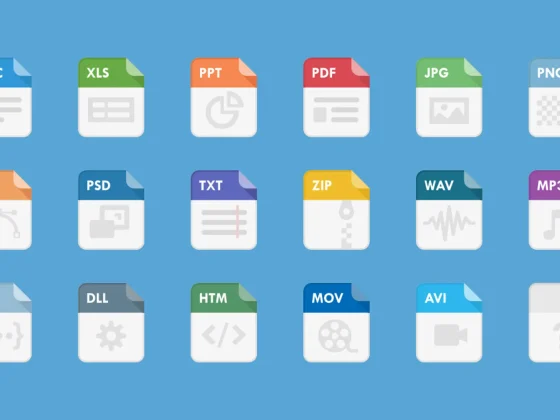The demand for delivering quality software is directly proportional to the need for discovering new testing tools and techniques. In the absence of modern tools, realizing test automation is next to impossible. The efficiency of the tools you have at your disposal defines how efficiently you will be able to perform your job. Thus, in order to speed up the testing cycles and making it all a hassle-free affair, there are some tools that a software testing professional must have access to. Here is a comprehensive compilation of the same-
1. Cross-Browser Testing Tool
Out of all the testing aspects present today, cross-browser testing has probably emerged as one of the most crucial. With an overwhelming number of browsers present today, it is important to make sure that the user experience does not suffer due to a change in the platform. A lot of online tools like, LambdaTest for instance, are available today to ease the process and make it a fun and convenient affair. LambdaTest is a popular online tool that lets you perform cross-browser testing on more than 2000 real browsers and operating systems. The testing personnel can even use the tool to capture automated screenshots for accelerated web layout testing. Others popular testing tools are Browserstack and Saucelabs.
From our partners:
2. Automated Testing Tool
Software testing professionals have a lot to do. And we are not kidding when we say that! Hence, to reduce the workload and to speed up the testing cycles, it is preferable to have some quality automated testing tools. Not only does it save time but also provides efficiency and effectiveness to the entire process. Selenium is one of the most popular tools when it comes to automating test suites. It is more of an undeclared industry standard and something a lot of automation testers look forward to working with. According to a survey on test automation challenges, nine out of ten testers have either used Selenium already or are currently using it.
3. API Testing Tool
Testing application program interfaces is yet another crucial aspect of software development these days. However as APIs lack a sophisticated graphical user interface, their testing is a bit complicated and performed at the message layer. A specialized and dedicated tool for API testing is a must-have for all software testing professionals these days. According to Google trends, software testers are taking a lot of interest in API testing of late and a lot of tools are also available in the market for the same. One such popular tool is SoapUI. The tool is exclusively for API testing and can be used to perform functional and performance testing for APIs.
4. Load Testing Tool
A type of performance testing, load testing is the part of the testing process where simulated HTTP traffic is sent to the server to evaluate performance. Load testing brings forth the behavior of a website or application when it is being accessed by a lot of users at the same time. Among the popular tools available for load testing these days, Load Storm is a well-known name. This cloud-based testing solution is an easy and cost-effective way to get load testing done under peak and normal load conditions. Some other popular load testing tools are Testing Anywhere, LoadImpact, and Loadster.
5. Security Testing Tool
The importance of identifying the security loopholes in your website can’t be underestimated. Keeping your software safe from hackers and data parasites is at the heart of security testing. To ease the process for software testers, tools like Vega are available. Vega is an open source tool written in Java and comes with a well-defined GUI. It is available free-of-cost for use on various platforms like Windows, Linux, and Mac OS. Use the tool to set your own testing performances or even use it as an automated scanner. Either way, it is useful and flexible enough.
6. Accessibility Testing Tool
Making your website accessible to differently abled sections of the society has got a new meaning with the passage of time. Tools for accessibility testing of websites, like DYNO Mapper, have been developed and are actively being used. Quite similar to cross-browser testing, accessibility testing makes sure that a wide user base is able to use the website without any hurdles or hassle. The tool DYNO Mapper comes with a ‘visualize’ feature which allows the software testers to perform the relevant accessibility tests live in a browser along with viewing the results. You may even evaluate the HTML content of the website using the tool.
7. JavaScript Testing Tool
95% of websites on the Internet today actively use JavaScript.
Well, that makes it almost mandatory for all the software testing professionals to have a dedicated tool for JavaScript testing handy. JSFiddle is one of the popular tools available for the same. This online tool has an extremely simple user interface and allows you to view the results instantly. Apart from that, you may even try JSBin which happens to have an even less cluttered interface and is fun to work with. Interestingly, a lot of cross-browser testing tools also have specialized support for JavaScript testing. You may take that route too if you please!
8. Exploratory Testing Tool
Simultaneously learning, designing and executing the tests — this is how you may describe exploratory testing in a nutshell. Part and parcel of the testing processes these days, you may use tools like qTest to easily get your job done. All you need to do is to deploy the qTest manager on the cloud and do the needful. Some extra features include session based testing and agile test management.
9. Visual Testing Tool
A layman cares would care the least about the complex database design of your website. All that he would care about or the most about is the appearance of the website. If it feels good to look at and is pleasing to the eye, the chances of it getting “liked” are higher. Hence, apart from ensuring the technicalities are fine, software testing professionals must make validate the website visually. Tools like Functionize provide exclusive support for visual testing, performance testing, and mobile testing. It is an automated testing tool that can execute thousands of tests in minutes.
Thus, these were the top nine tools that a software testing professional must have access to at all times. Hard work is a vector quantity. It has a magnitude as well as a direction. Thus, rather than slogging day and night in front of a computer screen you must make sure that you are working in the right direction. Your efforts must be guided by the expert knowledge of the various tools and techniques available to get the job done without any trouble. Only then, are you qualified to call yourself a smart test engineer. Happy testing!
See original article here.
For enquiries, product placements, sponsorships, and collaborations, connect with us at [email protected]. We'd love to hear from you!
Our humans need coffee too! Your support is highly appreciated, thank you!








